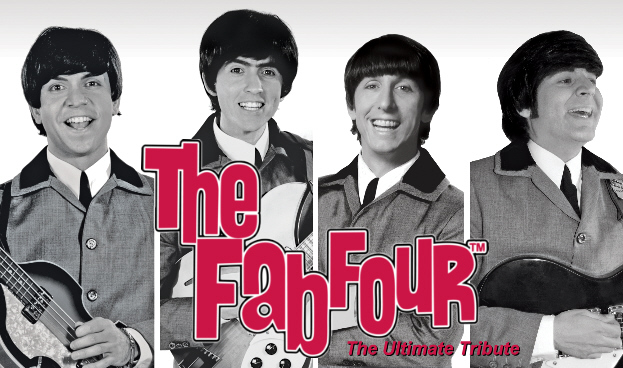
Bands are always releasing new and fresh material, but every now and then a current band will release their own twist on a classic. With trends in music constantly fluctuating, why do bands feel the need to cover a song? Sure, the range and the speed may be different but why try to change a song that everyone already loves?
The term “cover” goes back even before the ‘50s to describe a song that a music label would release to rival a song released by a different label company. Cover music that we have today — in some ways — is drastically different than how it was before. Today, there are four categories of covers: Tribute acts, Cover Acts/Bands, Revivalists, and modern covers.
Tribute bands make a living covering one specific band. Most of these tributes cover those who no longer perform but are timeless artists. While some bands stay true to the timeless music of bands like ABBA, AC/DC, or Pink Floyd, some bands like “Dread Zeppelin” who perform reggae versions of classic Zeppelin songs.
Cover Acts/ Bands are smaller local acts that play a wide variety of well known songs. These bands will normally draw their set list from Top Hits lists and commonly perform on cruise ships and at bars, weddings, of family/corporate events.
Revivalists are groups that draw inspiration from one genre of style and dedicate themselves to reviving the genre. Unlike Tribute and Cover Bands who play for a nostalgic value, Revivalists seek out younger generations for whom the music might be unfamiliar to.
The last category is modern covers. That is when any modern band covers a song and puts it on a album alongside original material. These bands may cover music from the same or a similar genre that they normally play ( Avenged Sevenfold covers “Walk” by Pantera, Jimi Hendrix covers “All Along in the Watchtower” by Bob Dylan) or sometimes bands will cover a song from a completely different genre ( Here’s To You creates a punk rock(ish) cover of “Uptown Funk” by Mark Ronson ft. Bruno Mars, Ray Lamontagne creates an acoustic cover of “Crazy” by Gnarles Barkley).
Today, bands will cover artists who serve as an inspiration or just for fun rather than compete with them.
Now, out of the examples of artists who did covers I gave above, what genre encompasss these covers? That’s right, rock/hard-rock/metal — minus Gnarls Barkley that is. It seems that rock and metal artists seem to be the ones who release the most covers. With that being said, I’ve created a list of my Top 5 rock/metal covers (this is all a matter of opinion. If you don’t agree, at least give them a listen and see what you think):
- Metallica- ”Whiskey in the Jar” (The Dubliners):
- Five Finger Death Punch- “House of the Rising Sun” (The Animals): https://www.youtube.com/watch?v=tKZdeDCXe_8
- Shinedown- “Simple Man” (Lynyrd Skynyrd):
- The Jimi Hendrix Experience- “All Along the Watchtower” (Bob Dylan):
- Disturbed- “Sound of Silence” (Simon & Garfunkel):
There seems to be a never ending list of covers spanning across the history of music, but are these covers any better than the originals? Well, that’s just a matter of preference.
Take Metallica’s cover of “Whiskey in the Jar.” Their rapid, head-banging twist on an Irish folk song is definitely not for everyone. Some will prefer clean acoustic guitars and mandolins to an electric shredding-machine with a distortion pedal; some people, however, may prefer the vigorous growl of James Hetfield to the clean and heavy Irish accents in traditional versions.
Whether a cover is “good” or not just depends on the person listening or the targeted audience, and whether someone sees them as important “beneficial” is all just a matter of opinion. Personally, I find covering music very beneficial. They give young artists a chance to experience different genres of music and how these genres can change depending on who is playing. They also help with on-stage exposure because it’s easier to play a song that everyone knows and can sing along to, compared to original material.We need these covers to breathe new life into former songs. We need them give a new perspective to what the song may be about, and for that reason, the category of cover music will never die.
Excellent choise for your #1cover. I love Disturbed’s version. Think about it with the release of Help by the Beatles it ended their inclusion of covers but many bands back then did not write their music so technically “covers”. A band from the era remarkably has never released a cover- The Moody Blues.